Want to lose weight? Read this first
Trigger warning – the following post has blatant diet and calorie talk as it explores the biology of what causes us to regain lost weight. If you or someone you know if struggling with their eating, relationship with food, or has a suspected eating disorder, please contact a regulated health professional or visit http://nedic.ca/
Anyone who has attempted weight loss in midlife knows that it is like swimming up a river with a strong current. The second you stop paddling, you are pretty much back to where you started. Weight loss is a struggle and weight regain is extremely likely. Have a look at this sobering data (1):
- Most people who lose weight will likely regain their lost weight, and may even gain more weight.
- Of people whole are able to reduce their weight by ³ 10%, only 1 in 5 of those are able to maintain weight loss for a year.
The body adapts to weight loss and sabotages our weight loss efforts with mechanisms stronger than our willpower. Maybe you should read that last sentence again.
In this post, I summarize an article that outlines how our bodies work against us to change what we eat and how we move when we lose weight. It is a summary based on an article by Doucet and colleagues (1).
Many people in midlife want help with weight loss. It is important that people are aware of the science and potential risks of diet and lifestyle intervention as it relates to weight loss before they embark on this kind of intervention. It is critical for people to understand that when approaching weight loss, sustainable changes in what and how you eat and move are needed. Here’s why.
Sobering data about how our bodies react to weight loss
Have you found that, despite eating less and moving more, it is hard to move the weight loss needle? Weight loss is often less than what we would predict based on our efforts in increasing an energy deficit created by eating less and/or moving more.
This less-than-expected weight loss phenomenon is called “energy compensation” and includes physical changes in our bodies that get us to eat more and/or move less. These changes or “body adaptations” lead to a lower than expected weight loss and may contribute to weight regain.
How does our body sabotage our weight loss efforts?
Calorie restrictions put a strain on our body’s appetite control system. When we intentionally eat less and move more, and we lose weight, our bodies respond with physical changes or adaptations:
Weight loss leads to reduced energy expenditure (a slower metabolism), an effect that may persist long after weight loss. This reduced energy expenditure makes it really hard to maintain a lowered body weight.
Weight loss also leads to reduced energy needs (we don’t need as much food energy) as well as an increased drive to eat. These effects may last long after our weight loss attempt.
The increased drive to eat may be related to changes in levels of the following hormones: leptin, ghrelin, PYY and GLP-1.
- Leptin is a hormone that helps to reduce our appetite. After weight loss, leptin levels are reduced. What this means is that it becomes more difficult to feel satiated.
- Ghrelin stimulates our appetite – it makes us feel hungrier. After weight loss, ghrelin levels increase. The effect of this is that it gives us an increased sensation of hunger.
- PYY and GLP-1 both signal to our body that we are done eating. After weight loss, PYY and GLP-1 levels are reduced. This makes it more difficult for our body to know we are done eating.
These changes in hormone levels wreak havoc with our appetite and may continue as long as one year after the weight loss intervention.
In addition to these hormonal changes, food reward increases with chronic food deprivation. Food deprivation, both short and long-term, increase the wanting and liking of foods and improve the taste experience. This is often experienced by people as feeling powerless or described as being addicted to certain foods.
Research on weight loss and regain:
Remember that this less-than-expected weight loss phenomenon is referred to as “energy compensation”. When we attempt voluntary weight loss, our body will adapt with reductions in how much energy we burn and increase our drive to eat.
Ever had the experience that, despite exercising and moving your body more, you do not see much change in your weight? Research has found that energy compensation from exercise is larger than energy compensation from diet.
Research has also found that for every kilogram of body weight lost, there is:
- an increase in the drive to eat by ~100 kcal over and above levels before the dietary intervention began.
- a reduction in resting energy expenditure of about ~15 kcal per kilogram lost (ie – your metabolism slows). This effect may persist long after weight loss which makes it challenging to maintain a lowered body weight.
The increased drive to eat and reduced energy expenditure that go with weight loss might be fought off at first. However, with time, there is increasing erosion of the behaviours that at first opposed adaptations to weight loss. Increased energy compensation progressively sets in, driving your body to regain back the weight it lost. It isn’t you. It is your biology.
Weight loss leads our body to experience energy compensation as time goes on, leading to lower than expected weight loss and paving the way for weight regain in the future.
The authors from the paper concluded that, when approaching weight loss, that your “intervention” aligns with a level of behaviour change (changes in eating, activity, sleep, stress management) that can be sustained indefinitely. In other words, eating and moving in a way that you like and can do as part of your on-going lifestyle. From eating and moving in a way you like and can sustain, you will move toward your body’s best weight.
Have a watch of this video by weight management expert Dr Sharma – how to lose weight and keep it off?
So what does this data mean if you want to lose weight?
This doesn’t mean that you cannot improve your health – you CAN improve your health. It means that you should not evaluate your success based solely on weight and weight loss. Instead of only focusing on your weight, an outcome that you have less influence over than you have been lead to believe, I’d encourage you to focus on targets that you can experience regardless of what numbers show up on your scale. Here is how you can set health goals beyond just weight loss.
As a dietitian, nutritionist and health coach, here are 12 ways I can help you:
I can:
- Provide a shame-free space to discuss your food struggles.
- Offer a comprehensive nutrition and lifestyle assessment where I can help identify potential areas for intervention.
- Help identify the mindset that is keeping you stuck, and help shift your mindset to a place that is more energized and supportive of moving you forward.
- Help you manage expectations as you set goals.
- Help you expand your goals to be beyond weight.
- Design food, nutrition and lifestyle strategies that will support you in moving toward what is important to you.
- Help adapt diet and lifestyle strategies that are aligned with your
- Provide great-tasting recipes and help expand your food choices (I am *so* not here to be your food cop!).
- Provide evidence-based tools and resources to support you.
- Help add *life* to your life and make your world bigger so that you can think and focus on other aspects of life beyond your food intake and movement.
- Help you find freedom and joy with food.
- Provide support and accountability in your journey toward a healthier version of yourself.
While there are many ways that I can help people, ultimately it is up to each individual person to decide what they will try and self-assess whether they like and can live with these changes long-term, so they can continue to *live* and experience their best life. This journey toward health requires a person be committed to the process of change.
To access the actual article, the reference is listed below, which allows you to access the full-text article.
Reference for more information:
Doucet E, McInis K, Mahmoodianfard S. Compensation in response to energy deficits induced by exercise or diet. Obesity Reviews 2018; December 19(Suppl 1): 36-46. https://www.ncbi.nlm.nih.gov/pubmed/30511511
Additional related blog posts:
- Midlife weight gain in women: what can you expect? What can you do about it?
- The process of accepting your changing midlife body stings
- Non-scale victories: setting health goals beyond weight loss Part 1
- Non-scale victories: setting health goals beyond weight loss Part 2
- 11 Reasons why losing weight in mid-life is hard
1 Comments
Leave a Comment


Welcome to the Energize Nutrition blog, where we share evidence-based nutrition content, designed to empower people’s midlife. Take a look around to find information on feeling your best.
If you need more individualized support, reach out to set up a free discovery call with Kristyn Hall.

Battling chronic hunger, poor energy, or inflammation? Discover what this powerful ingredient is and why it might be the solution!

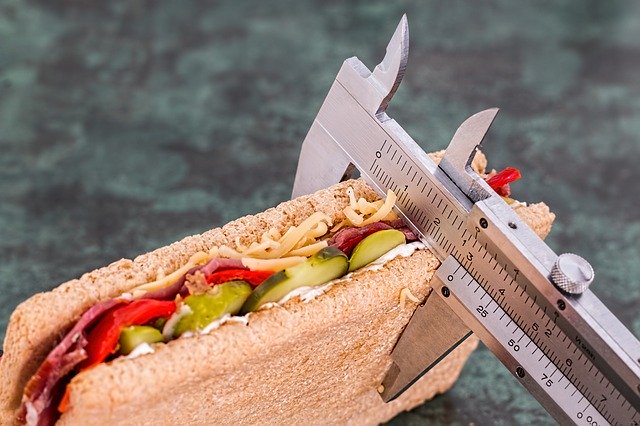

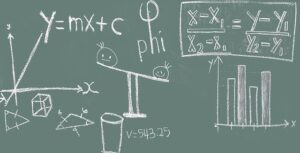
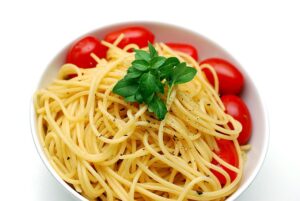

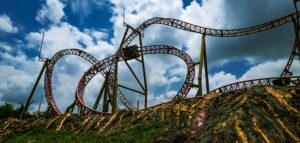

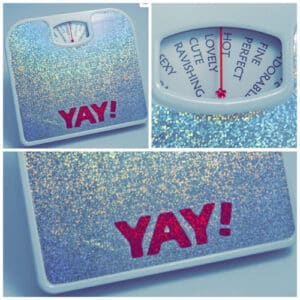

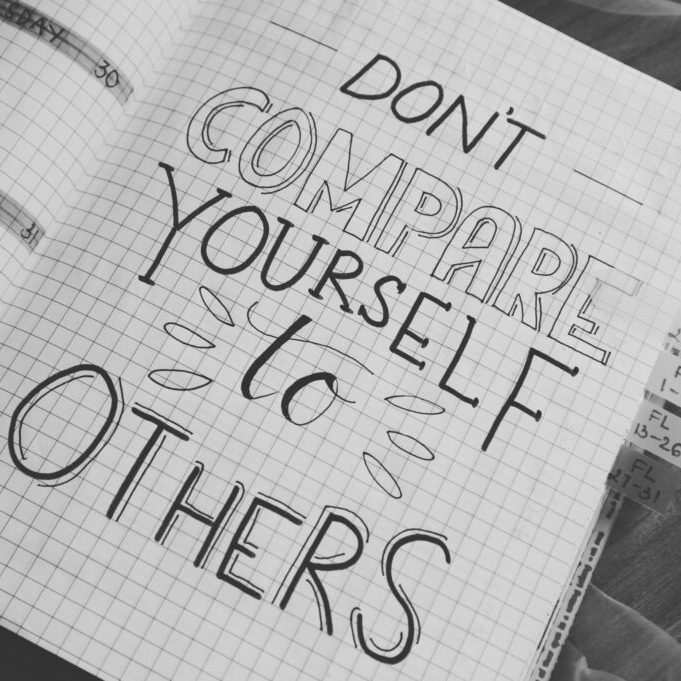


[…] available from Registered Dietitians to help end the constant battle with the scale. This article “Want to lose weight? Read this first,” explores factors that make weight loss difficult, as well as explores the available options that […]